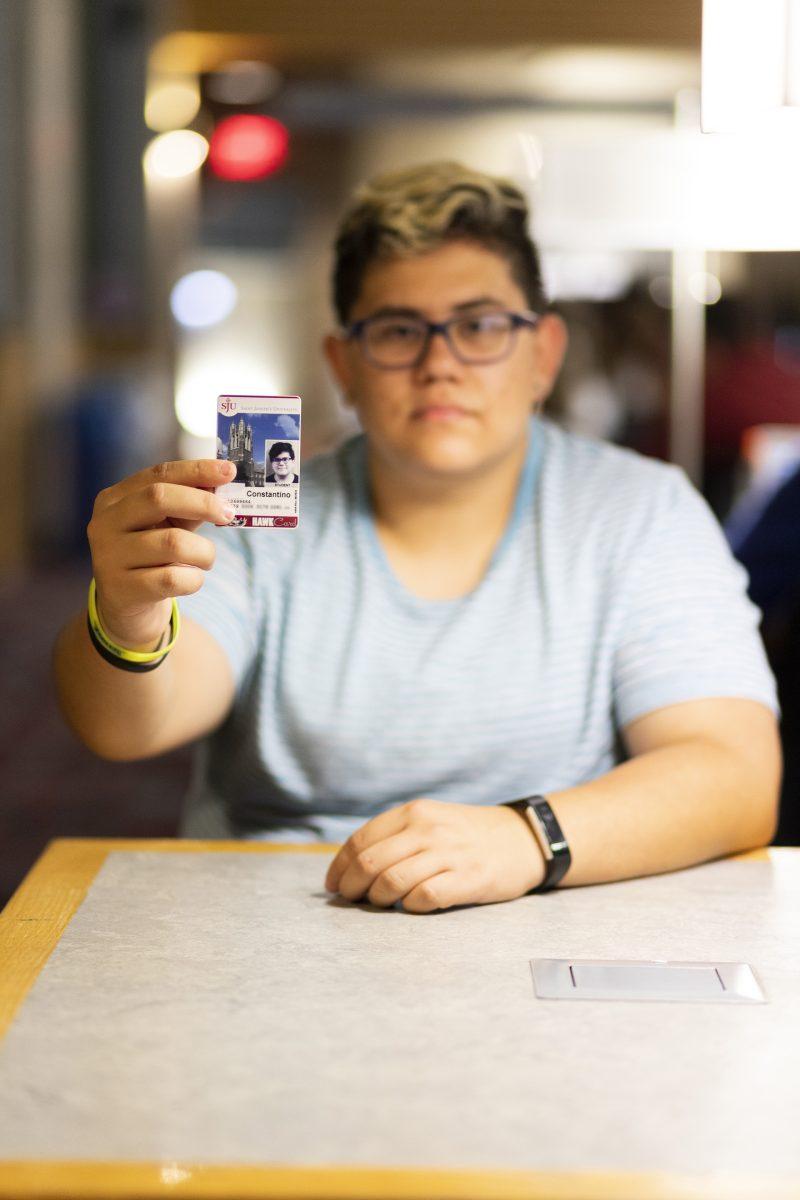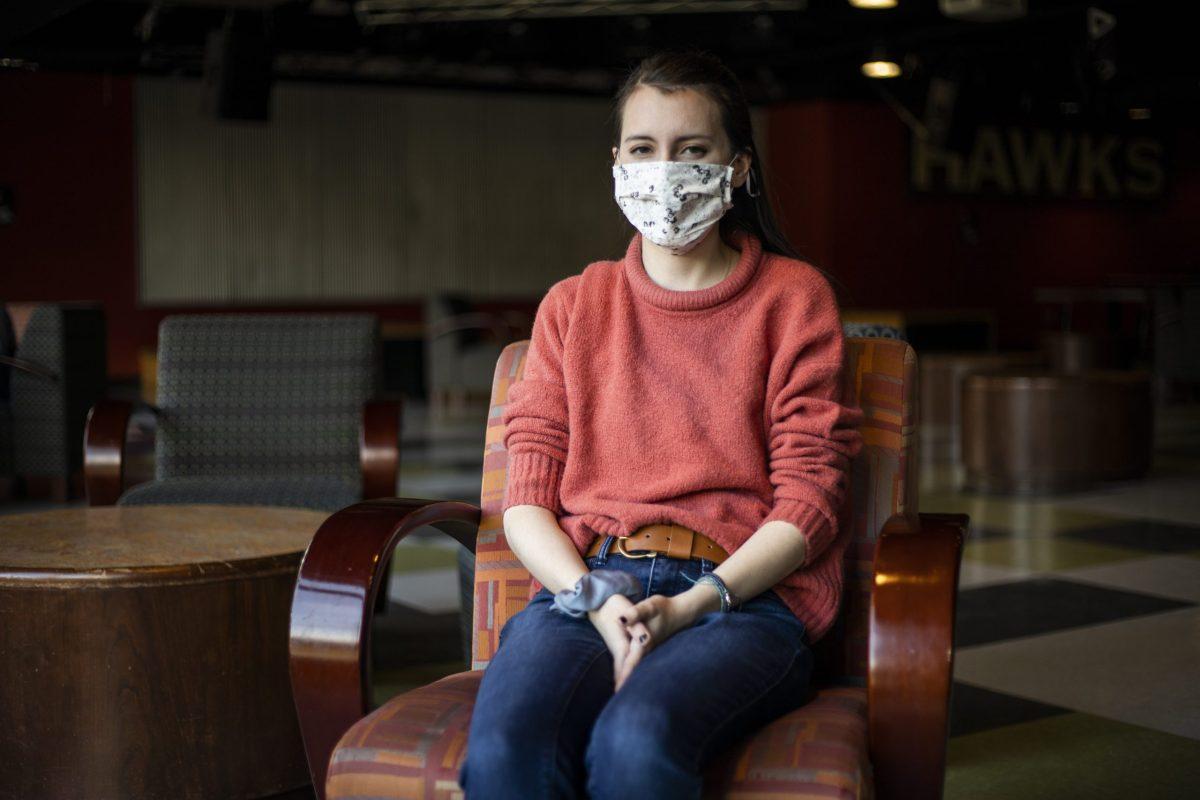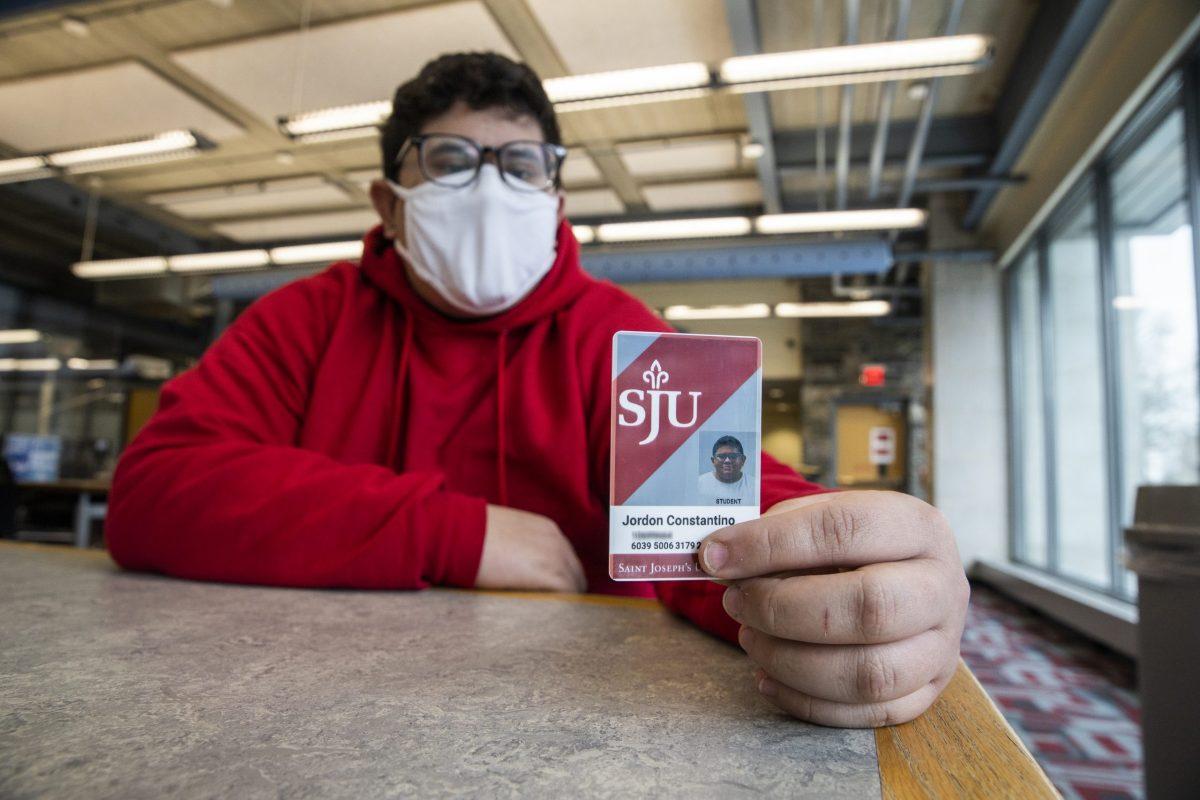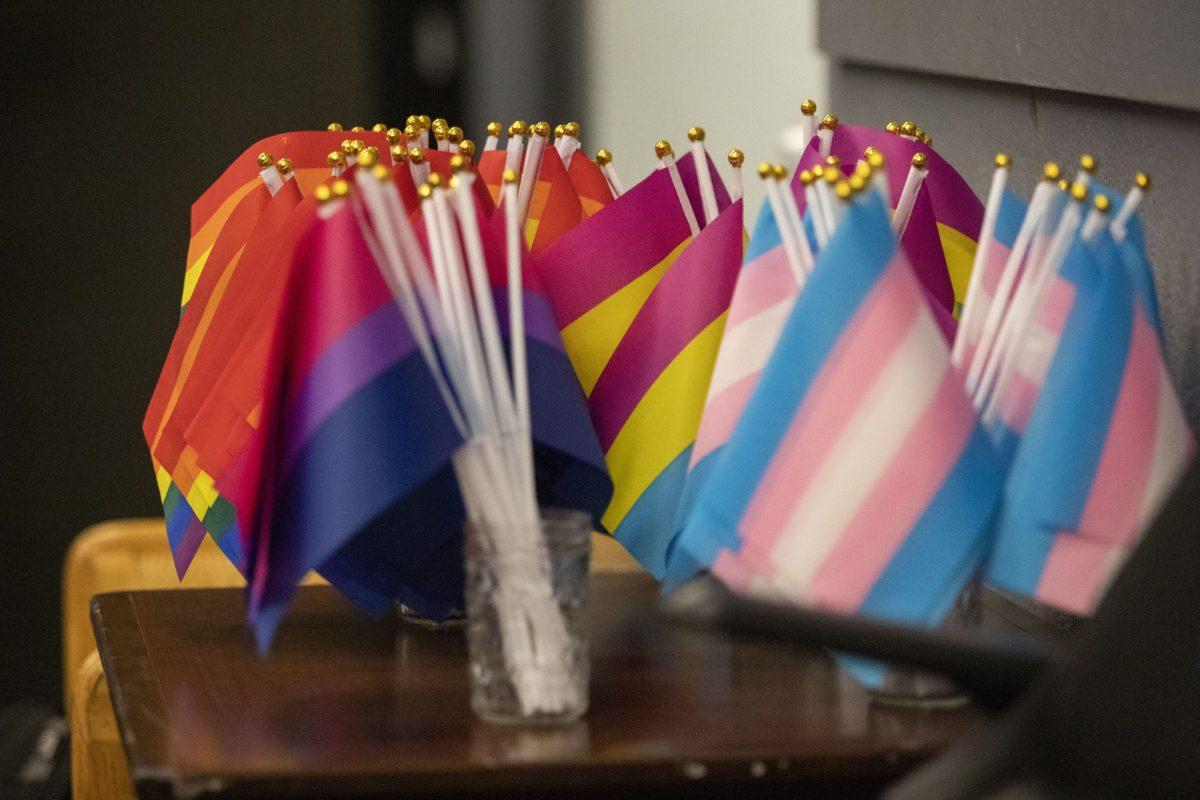Students who identify as transgender currently cannot change their legal names to their preferred names in Banner, the software system St. Joe’s uses as its student information system. Banner connects legal names to class rosters, student IDs and other official documents.
Jordon Constantino ’22, who identifies as trans, said people don’t realize the impact that a name has on a person.
“I heard someone say your name is just a string of sounds that refers to you so it should be something that represents you,” Constantino said. “Personally being called my name is reaffirming.”
The Banner software system gathers its information from a student’s original application to St. Joe’s, which doesn’t include a place for a student’s preferred name. The information fields on Banner include the student’s legal name, sex, birthdate and other personal information.
“Knowing people have access to my vulnerability in using a name that doesn’t represent me is tough,” Constantino said.
A newly available upgrade for Banner will allow for the system to communicate a student’s preferred name to different modules instead of their legal name.
According to Deanna Flanagan, associate registrar, the upgrade for the new system will be implemented in January 2020.
“[Students] will be able to, in The Nest, put what their preferred name is,” Flanagan said. “It was a complete system upgrade, so it wasn’t just this portion, and you’ll see this in the future even when you go into The Nest.”
Flanagan said there will be no new policies associated with the preferred name process implementation. Any student will be able to enter a preferred name.
Christopher Heasley, Ph.D., assistant professor of educational leadership and head of the university’s Transgender Inclusion Working Group, said he is happy about the Banner upgrade.
“We were excited to know that there is a version to opt for more flexibility and understanding,” Heasley said. “Of course I would have liked it, you know, six years ago, but we are excited that there is a solution coming.”
Although students will be able to input their preferred name into Banner, which will ensure their preferred name is included on class rosters, Flanagan said the Office of the Registrar is uncertain whether students will be able to change their name on their IDs. Flanagan said there are multiple departments involved in making a decision about an ID.
“It’s not for us to say,” Flanagan said. “There were some other things with the ID because it’s your Hawk Card, there is money attached to it, you can use it in the bank for identification purposes, so there is more research that needs to go into the ID.”
Heasley said students should never be denied their right to a preferred name when a solution is available.
“For me, the big one is someone will really feel comfortable presenting their authentic self,” Heasley said. “As an institution, we keep using dead names, then we have an issue where the students are feeling violated, perhaps uncomfortable.”
In the trans community, “dead names” refers to the legal name that no longer matches a person’s identity. Constantino said having the wrong name on his ID affects his daily life on campus.
“I have a piece of tape over my first name on my ID,” Constantino said. “It leaves me vulnerable to a lot of things if someone were to ever see it and pay attention to it.”
The American Civil Liberties Union (ACLU), a nonprofit organization that defends the rights of U.S. citizens, holds the position that students have the right to be addressed by the name and pronouns that correspond with their gender identity, even if their name and gender are not legally changed. The ACLU also encourages schools to use a student’s chosen name on as many places as possible, including student IDs.
According to Campus Pride, a non-profit that supports the rights of LGBTQIA+ college students, about 255 colleges and universities enable students to use a chosen first name on campus records and documents.
Heasley said such policies would provide evidence that St. Joe’s is supportive of LGBT community members.
“I think that we need to make sure we have policies in place that support this,”
Heasley said.
Rebecca Halfpenny ’20, who identifies as nonbinary, said some professors disregard their preferred pronouns in classes; others ask them what they prefer.
“I’ve had a couple professors do that and say if you don’t want to say it out loud just email me, which I think is wonderful,” Halfpenny said. “But I know that not everyone does that, so I think it should be normed.”
Maggie Nealon ’20, the president of SJUPride, said creating policies to support students who identify as trans at St. Joe’s is crucial to improve campus culture.
“I think homophobia and transphobia lurk on this campus, [and] we don’t want to acknowledge it,” Nealon said. “But it’s still there, and more present than we think it is.”










































